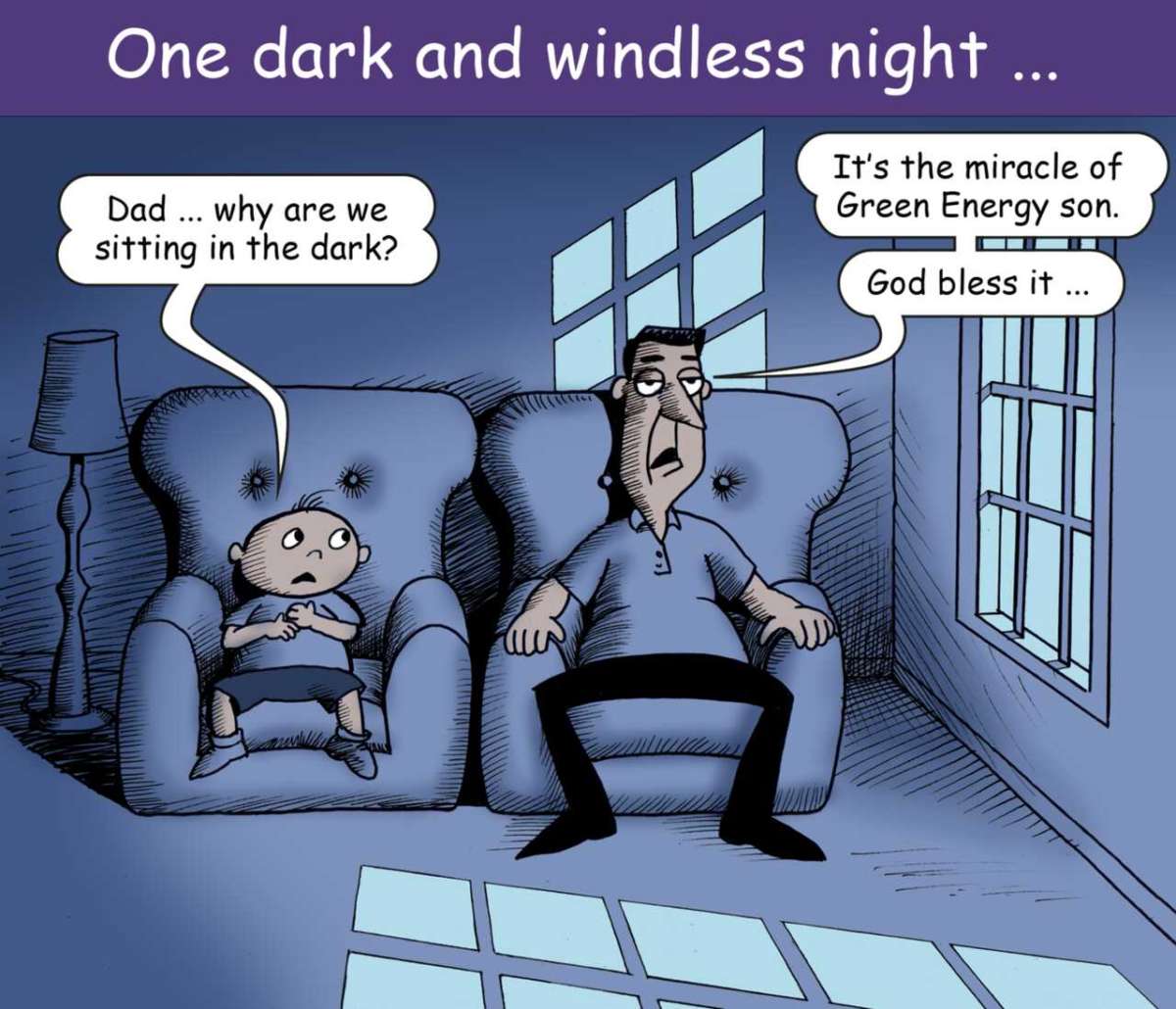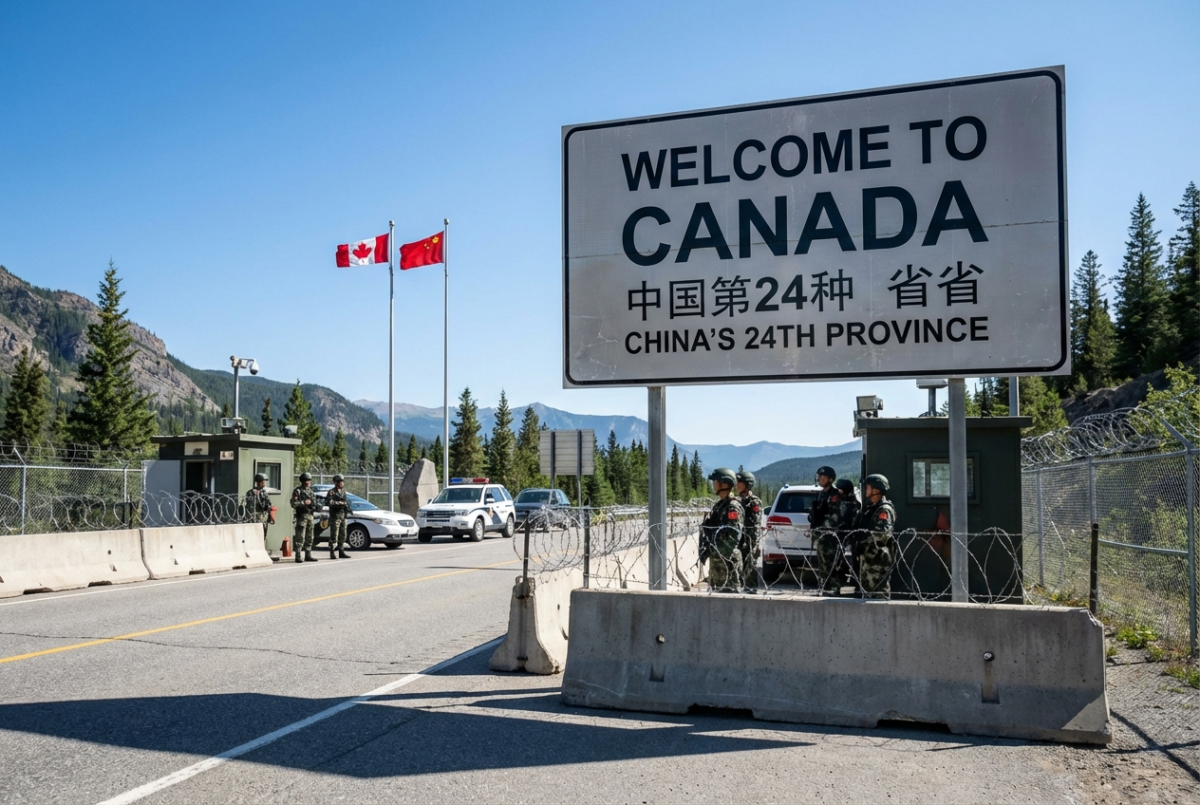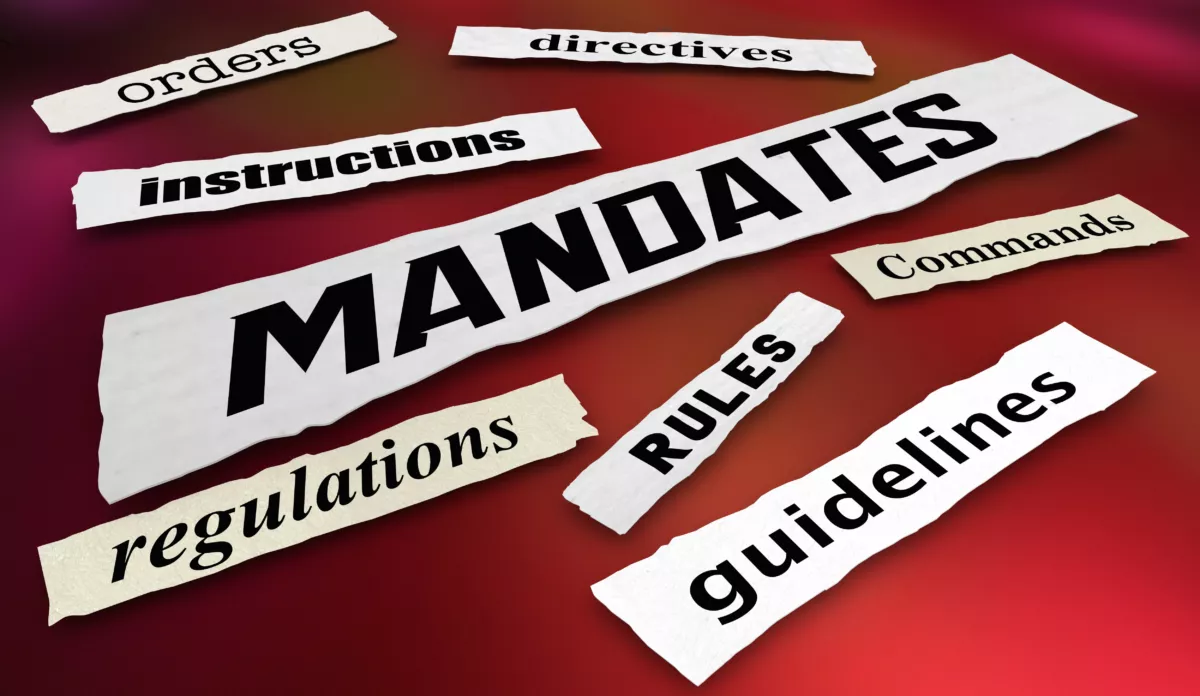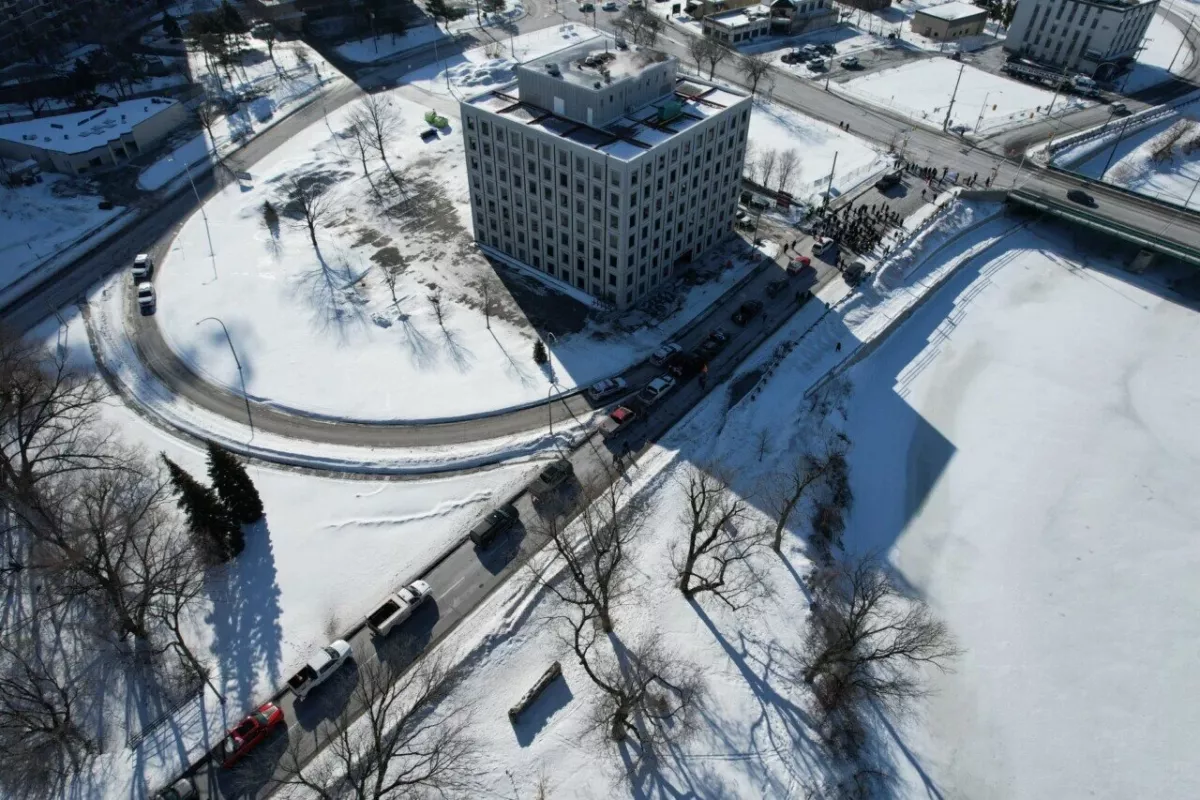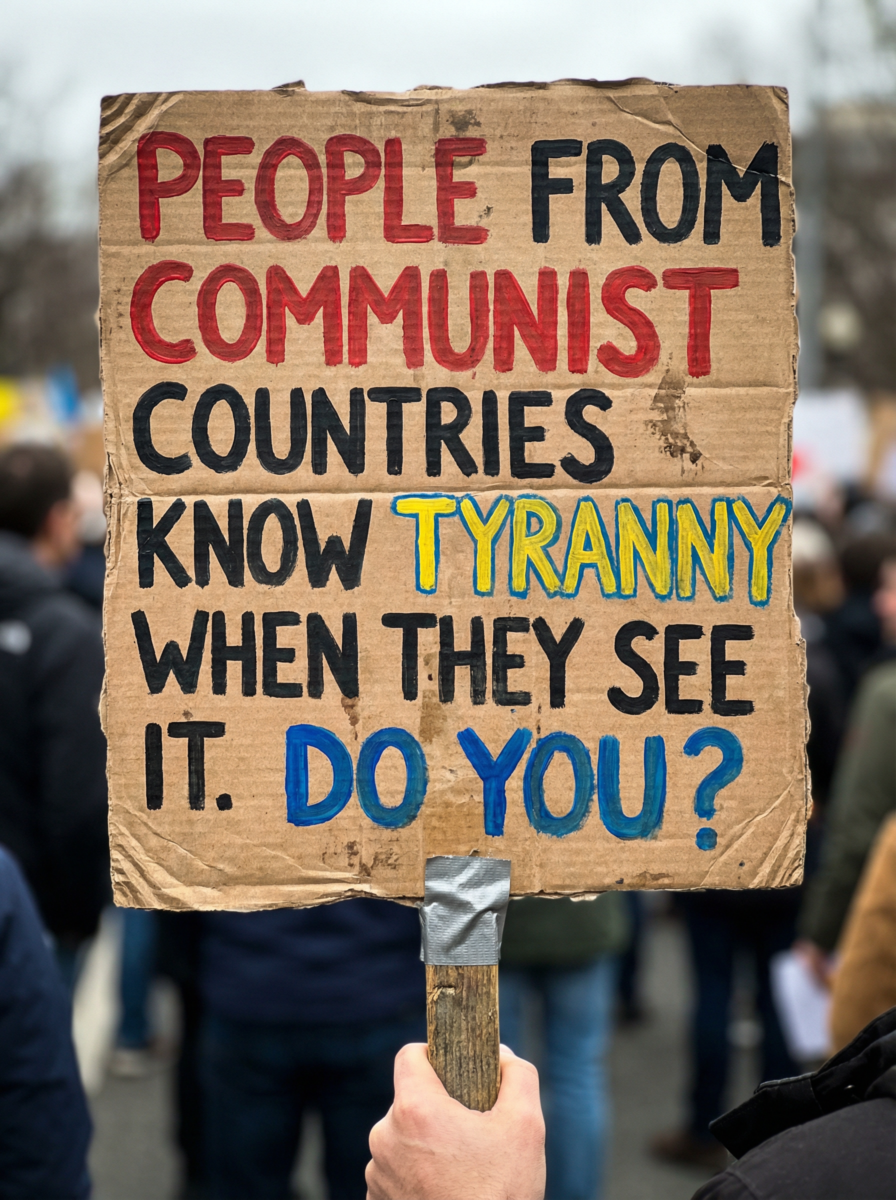Climate Laws and the Necessity Defence
By Gerald Heinrichs
Alan Jones has fans and haters. The Australian pundit boldly rejects the prevalent climate narrative and his video talks about “economic suicide” have lots of attention on social media. Regardless, Jones lays out some straight facts in the climate debate: carbon dioxide is 0.04% of the air; human beings create 3% of carbon dioxide; of that 3%, Australia creates 1.3%. A spiral of tiny into even smaller yet.
Jones, and a growing list of others, denounce how national economies have been turned upside down based on, what they claim is, absurd insignificance. “It’s like saying a bridge is dirty because of a single grain of sugar,” Jones remarks. Call it spaced out or spot on, Jones throws sharp criticism in an era that doesn’t like these questions.
Meanwhile, the town of Coronach Saskatchewan is under the boot of Canada’s climate laws. The proud town has hundreds of workers at the Poplar River coal mine and coal-fired power station. With Ottawa’s coal ban looming, Coronach mayor Calvin Martin lays bare the coming wreckage. “It’s 600 jobs. That’s two-thirds of my population if they closed it down. That’s what it means. It would be a total devastation,” he said in October 2023.
Don’t lose touch with uncensored news! Join our mailing list today.
But of course, it is more than just jobs. It means men and women are forced into unemployment. It means families packing up and moving. It means schools closed down and children uprooted. It means a thriving town turned into a shell.
Sadly, the good folks of Coronach will find no tears falling in Ottawa. To the Trudeau government, Coronach’s puff of CO2 is, apparently, no better than a river of cyanide. To add insult to injury, the Trudeau government claims the coal shutdown is “fair and just.” But these words are Orwellian to the townsfolk of Coronach. If the town’s destruction is fair and just, then 2 plus 2 must be 5.
The Canadian Environmental Protection Act is the law that kills coal. And the Liberals mean business. “We’ve regulated the ban on coal through CEPA, which is a criminal tool that the federal government has. So not complying with this regulation would be a violation of Canada’s Criminal Code,” says Environment Minister Steven Guilbeault. It is criminal to disobey he says – seemingly a threat of handcuffs and jail.
But in January 2024 another complication was exposed in Ottawa’s coal-banning plan. After days of arctic cold, Alberta ran out of electricity. A chilling -45.9 C was recorded at Edmonton’s airport. Ironically, it was Saskatchewan’s soon-to-be-dead coal power that filled the gap and helped keep the Alberta lights on. Saskatchewan premier Scott Moe laid it out on X stating, “Net zero by 2035 is not only impossible, it’s irresponsible as it would leave Saskatchewan and Western Canadian families freezing and in the dark.”
Thus recent months have shown what will come of this Liberal climate law. If coal is killed, then Coronach is shuttered and another deep freeze emergency is around the corner.
This reality has many saying that the Liberal climate law – to quote Charles Dickens – is an ass. Moreover, the drastic option of breaking this law isn’t just tempting, it looms as a logical choice.
Our inherited common law from England recognizes that laws can be broken in an emergency. It is called the criminal defence of necessity. Legal textbooks teach that if breaking the law is the only logical choice to avoid harm, and the thing saved greatly exceeds the harm, necessity might be a legal shield. Therefore this defence may be well-suited for those prepared to fight the coal-banning laws. A defence lawyer might tell the jury, “Coronach’s cloud will cause no planetary harm at all!” Past prosecutions of Robert Latimer and Henry Morgentaler tested the boundaries of the necessity defence. Morgentaler was acquitted by a jury. Who then would say that protecting communities is unworthy?
Saskatchewan’s premier has announced he will ignore the federal deadlines to shut down coal power. And many wonder if Alberta and New Brunswick will follow suit. Moreover, Saskatchewan’s recent SaskEnergy Act directs that law-breaking responsibility falls upon the provincial minister. This is a daring tactic that forces the Trudeau government to prosecute a cabinet minister if they choose to go the distance with their criminal threat. It all makes for a Mexican standoff on the cold prairie.
The Trudeau government is facing growing opposition to its climate laws such as banning plastics and mandating electric vehicles. Through it all, the Liberals have shown little sign of backing down. Their ban on coal though, might become the most dramatic face-off yet.
Gerald Heinrichs is a lawyer in Regina, Saskatchewan.

